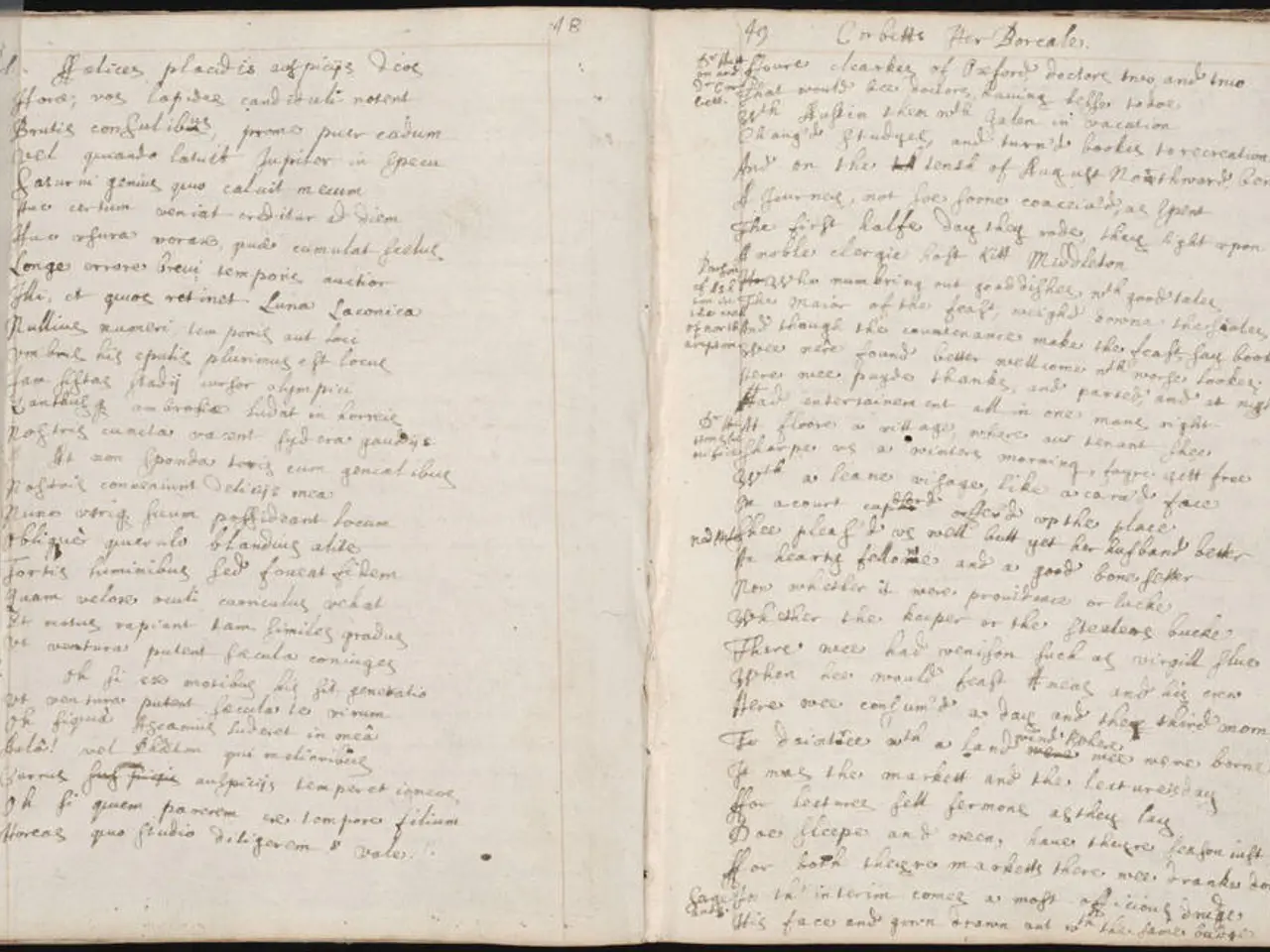Self-Assessment Checklist for Submitting Your Thesis or Junior Paper: Key Points to Consider Before Final Submission
In the final stretch of the academic year, students working on their theses or junior papers may find themselves overwhelmed with the numerous deadlines and independent work requirements. This article aims to provide a clear overview of common expectations for these scholarly projects.
While the sections may not take long to complete, they can easily get forgotten. A thesis typically involves formal sections such as an introduction, literature review, methodology, results or analysis, discussion, conclusion, and sometimes appendices. The introduction sets the research question and context, the literature review situates the work among existing scholarship, methodology explains how research was conducted, results present findings, discussion interprets those findings in relation to the question, and conclusion summarizes and states implications or further research avenues.
Universities require theses to comply with strict formatting guidelines, often outlined in an electronic thesis and dissertation (ETD) guide provided by the graduate school or library. Formatting covers title pages, abstract layout, chapter headings, table and figure formatting, and consistent citation style adherence. Use of approved citation and formatting styles (APA, MLA, Chicago, etc.) depends on the field and is usually specified by departments or advisors.
A comprehensive bibliography or reference list is mandatory to document all sources cited. Accurate citation is critical to avoid plagiarism, demonstrate scholarly engagement, and allow readers to locate sources. Universities often require students to follow recognized style manuals for citation (APA, MLA, Chicago, etc.). Students are typically expected to quote, paraphrase, and integrate sources with proper attribution throughout the text to maintain academic integrity.
The honor code and academic integrity are of utmost importance. The thesis must be the student’s own original research and writing; collaboration, if allowed, is usually explicitly limited and supervised. Proper acknowledgment of sources is essential to comply with the institution’s honor code or academic integrity policy, avoiding plagiarism. Submission and approval processes include verification steps by advisors and committees who assess authenticity and adherence to ethical standards. Some schools may require students to sign an honor code declaration upon submission.
The spring semester, with fewer breaks and numerous assignments and assessments, is often considered one of the hardest parts of the academic year. If there are concerns or confusion about requirements, reaching out to a Departmental Representative or a peer is recommended. If struggling with formatting in Word, specific tips can be found online. Before submitting independent work, it's important to check for missing sections such as Title Page, Acknowledgements, Table of Contents, Abstract, and Appendix. The text for the Honor Code is: "This paper represents my own work in accordance with University regulations."
It's important to confirm these requirements with an adviser or departmental representative before submitting independent work. If further assistance is needed for submitting work to the University Archives, more information can be found on the Office of Undergraduate Research page with details about Thesis Central.
This article is written by Taylor Griffith, Social Science Correspondent.
- Undergraduate students working on their senior thesis or junior paper should ensure they understand the formal sections required for their scholarly projects, such as an introduction, literature review, methodology, results or analysis, discussion, conclusion, and sometimes appendices.
- As students complete the sections of their thesis or junior paper, they must adhere to strict formatting guidelines, including title pages, abstract layout, chapter headings, table and figure formatting, and consistent citation style adherence.
- In the process of undergraduate research and education-and-self-development, learning to quote, paraphrase, and integrate sources with proper attribution is crucial for maintaining academic integrity, avoiding plagiarism, and adhering to the institution’s honor code or academic integrity policy.




